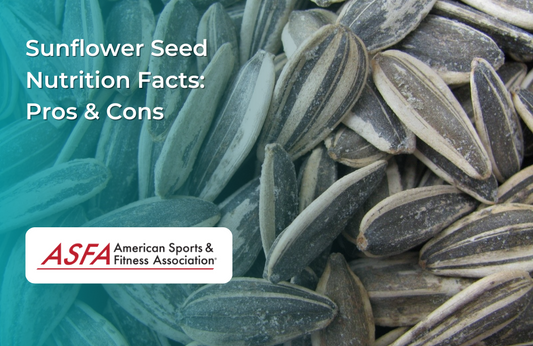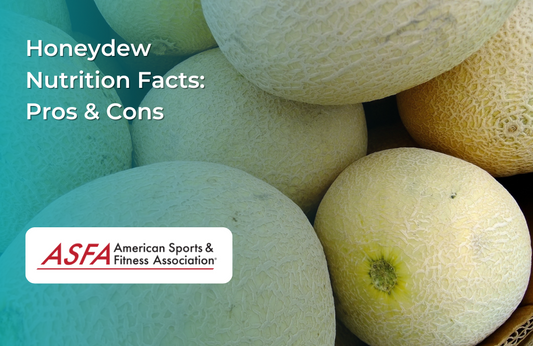When it comes to detoxing and cleansing your body, "diet" is a word you should be wary of. In fact, some people claim that detox diets are nothing more than pseudoscience. But if you're looking for ways to improve your health and well-being as part of a comprehensive lifestyle change, then a detox diet may be the right choice for you. This guide will help demystify the science behind detox diets so that you can decide whether or not one is right for you.
What is a detox diet?
A detox diet is a short-term eating plan that's designed to help you cleanse your body of toxins. The idea behind these diets is that by eating certain foods, you can help your body eliminate harmful substances. Most people who follow detox diets do so as part of an overall healthy lifestyle, but some claim that these plans can help them lose weight or improve their skin and hair quality.
There are many types of detox diets--some involve limiting your food intake to only eat certain items (like fruits and vegetables), while others require eliminating processed foods from your daily meals entirely. Still others focus on juicing fresh fruits and vegetables at home as part of a juice cleanse program; this approach has become increasingly popular recently due to its purported health benefits such as improved digestion or clearer skin after just one week!
Types of Detox Diets
Detox diets are categorized into two main types: juice fasts and fasting. Juice fasts involve consuming only raw vegetable and fruit juices for a period of time. Fasting involves consuming nothing but water for an extended period of time (usually 24 hours). Cleansing refers to the process of eliminating toxins from your body through natural means such as exercise, massage therapy, and saunas. Detoxification refers to cleansing combined with dietary restrictions such as cutting out processed foods or dairy products from your diet in order to rid yourself of harmful substances that may have accumulated over time in your system through exposure at work/school or simply by living in today's society where there is so much pollution around us all the time!
Juice Diets: These are short-term plans designed specifically for weight loss purposes because they contain very few calories per serving - usually between 100-200 per day depending on how much weight you want to lose within one month (or less). However, these should not be used indefinitely due to their high sugar content which can lead down dangerous paths like diabetes mellitus type 2 if done long enough without proper monitoring by qualified professionals like Registered Dietitians who know exactly what types of foods need replacing after each round finishes up so that no deficiencies occur during those periods when people might think they're doing everything right but really aren't getting enough nutrients needed daily basis due lack thereof knowledge base regarding proper nutrition science practices."
How Do Detox Diets Work?
When you are on a detox diet, your body will be eliminating toxins. You might think of these as chemicals or other substances that can cause harm to the body. Toxins can come from air pollution and cigarette smoke, but they also exist in our food supply and even our own bodies. The liver is responsible for filtering out many of these toxins before they reach other organs in the body (like the kidneys). However, if too many toxins build up over time (especially if you're exposed to high levels), then it's important to remove them from your system through an effective detoxification plan like those offered by certain diets such as the lemonade diet or maple syrup diet.
When following these plans, some side effects may occur due to increased activity within various organ systems including your skin and gastrointestinal tract; however, these effects should go away once you stop consuming foods high in sugar/refined carbohydrates (such as pasta) which help promote inflammation throughout all systems under stress from poor self-control habits like eating too much junk food!
Is it Safe to Detoxify Your Body Without Medical Supervision?
It's always important to consult your doctor before starting a detox diet. Some diets are not safe, and others can cause harm to your body. If you have any medical issues or pre-existing conditions, it's especially important that you seek advice from a doctor before embarking on a detox program.
If you're considering trying out one of these programs, ask yourself: Is this going to help me feel better? Or am I just doing this because everyone else is doing it? Do I have time for all this extra eating and drinking? Can I afford it? Will my family support me if they don't like what we're eating during our time together (or at all)? If not, then maybe now isn't the right time in life for this particular change--but there may be another opportunity down the road!
A detox diet can be effective as long as you know what you're doing, but it's important to make sure your body is sufficiently hydrated while doing one.
A detox diet can be effective as long as you know what you're doing, but it's important to make sure your body is sufficiently hydrated while doing one.
"Don't do a detox without medical supervision," says Dr. Davida Rappaport, MD, a gastroenterologist at New York-Presbyterian/Columbia University Irving Medical Center in New York City and author of Digestive Wellness: A Complete Guide for Your Body (Harper Collins). "People with certain medical conditions or who are taking medications may need to modify their diets before starting."
If you're considering going on an extreme cleanse or fasting plan on your own, consult with your doctor first so they can help guide you through the process safely--and make sure there isn't anything else going on inside that needs attention first (like an infection).
Conclusion
It's important to remember that detox diets are not a cure-all. They can help you feel better, but they're not intended to replace medical treatment or preventative care. If you're interested in trying one out, make sure that you do it safely by following the recommendations outlined above and consulting with your doctor first.





